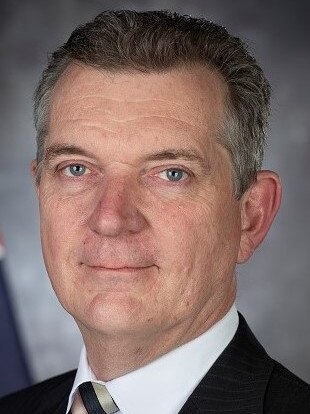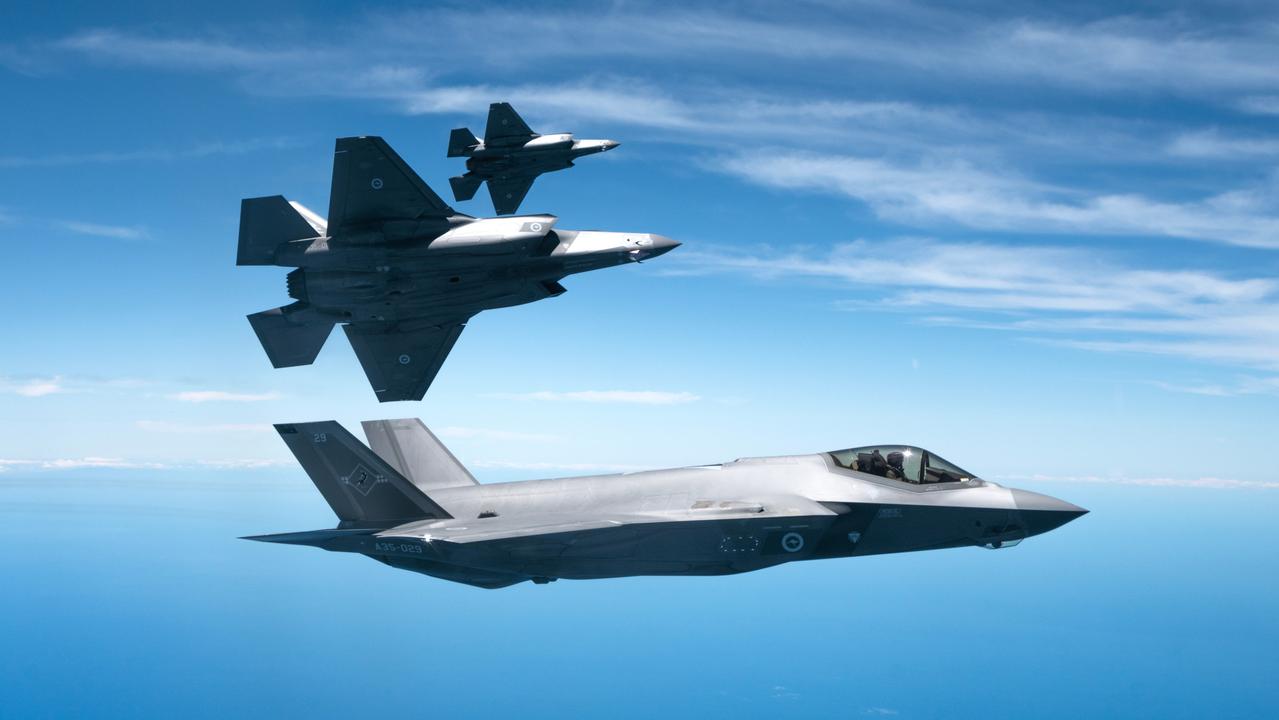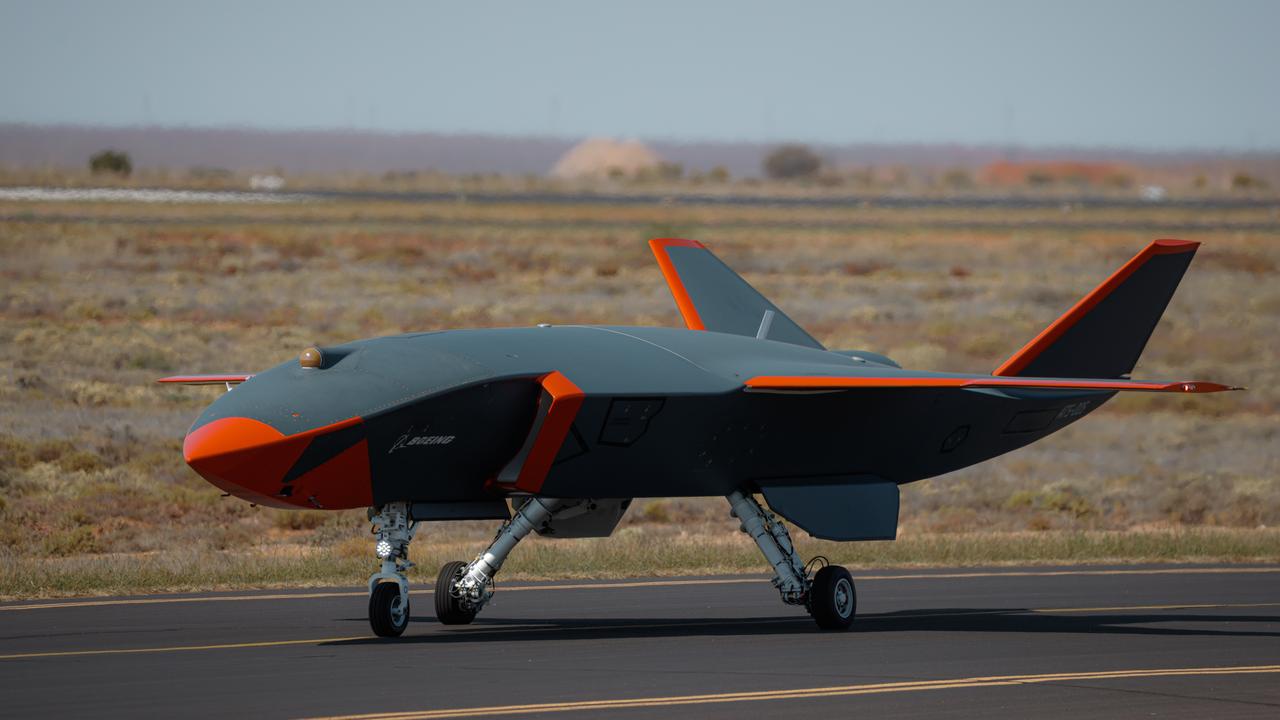Looking away is not an option: facing the reality of Trumpian caprice
US leadership and primacy have been key stabilisers in the post-World War II institutions and rules-based global system. However, the new world disorder enveloping us since Donald Trump’s second inauguration on January 20 is deeply disturbing.

In the two months since Donald Trump’s second inauguration on January 20, I often have recalled the aphorism “Life was easier when I knew what I thought”. The author is unknown, but the sentiment is dishearteningly appropriate to the new world disorder that is enveloping us.
In truth, it perhaps is not that hard to know what to think, but confronting the unfolding reality nevertheless is deeply disturbing.
Occasional shocks and disruptions aside, the world in which I operated for 35 years in the Australian foreign affairs and defence departments appears now to have been remarkably stable. The biggest upheavals were the collapse of the Soviet Union in 1991 and, a decade later, the 9/11 attacks on the United States that triggered the almost 20-year long “war on terror”.
The fall of communism produced two books that presented opposing hypotheses. Francis Fukuyama’s The End of History and the Last Man (1992) postulated the ultimate triumph of Western liberal democracy. In contrast, Samuel Huntington argued in The Clash of Civilisations and the Remaking of the World Order (1996) that conflict between a few major global civilisations was replacing inter-state conflict and ideological contests.
Fukuyama appealed to the sentiment of the time, but it now is clear that Huntington was closer to the mark. The advent of this new “systemic struggle” has ended the era of globalisation and revealed jarring fault lines across the hitherto familiar and comfortable world order, with serious implications for Australia. Most disturbing is that one of our own – the US – is aiding the assault upon the concept of accountable democracy as the superior political model.
The post-World War II institutions and rules-based global system – in which US leadership and primacy were key stabilisers – enabled Australia’s multi-decadal run of economic growth, domestic harmony and social cohesion. Coupled with a relatively benign regional and global security environment, this inclined Australians to complacency about the future. This has been reflected across most policy areas over decades, manifesting in the decline in our manufacturing industries, our short-term approach to investing in education and research, and our longstanding approach to having a “balanced” ADF, capable of doing a little of most tasks across the warfighting domains.
The release of the Morrison government’s Defence Strategic Update in July 2020 marked a shift to a more realistic outlook. It was echoed and reinforced in Labor’s subsequent Defence Strategic Review (DSR) of 2023 and last year’s National Defence Strategy, which prescribed a reconfigured and effects-focused ADF capable of deterring adversaries from actions inimical to our interests.
But while these documents have helped impart a clearer sense of the challenges we face, we are yet to recognise that this is a task which exceeds the capacity of just the uniformed military. As Keir Giles, one of the UK’s leading analysts of Russia, wrote in his 2024 book Who will defend Europe?, any military conflict that does not end almost immediately will become a prolonged contest “not between military forces, but between societies, and their respective resilience, industrial capacity, and will to fight and win”.
Trump 2.0 and the advent of a “new age of empires” confounds Australia’s strategic assumptions and will test our national resilience. Our most important security partner is turning on long-term allies and partners, unleashing a tariff war against friend and foe. Apparently willing to abandon a democratic Ukraine to Putin’s predations, Washington is making common cause with Moscow and implicitly emboldening other members of what the US author Anne Applebaum has labelled Autocracy Inc, and which others have called the Axis of Upheaval.

Worryingly, Trump is upending the trans-Atlantic security order and reversing 80 years of foreign and security strategy which has served US national interests, without seeking any evident strategic quid pro quo. And, although AUKUS is so self-evidently a deal which serves American interests well, especially in the industrial and technological collaboration being pursued under Pillar 2, its habitual and ideological critics will seize the moment to argue for its curtailment or abandonment.
Consequently, we are obliged to re-evaluate the presumptions that have sandbagged our alliances and partnerships for decades. We now must apply greater national effort to compensating for the uncertainty and suspicion which Trump’s policies are provoking, while recognising the limits that our relatively small population and armed forces impose upon our ambition and vision.
We are not without strategic assets. Successive Australian governments have cultivated deeper, more trusting collaborative relationships with key countries in our region, notably Japan, South Korea, Indonesia, Vietnam, Singapore and India. Some of these also are formal allies of the US, with arrangements akin to our own ANZUS framework. They are similarly energised and unsettled by the mercurial policy shifts emanating from the US.
We must expand and accelerate both military and economic partnerships, particularly with Japan and South Korea, which have at least as much at risk of Trumpian caprice as Canberra in formal security co-operation. The more adventurous and activist security outlook Tokyo and Seoul have embraced in the past few years is a solid platform for intensifying our bilateral military and security ties.
While our primary focus in practical military terms remains the Indo-Pacific region, we also should widen our strategic horizon and reinvigorate targeted security co-operation with Europe, where politically and militarily capable nations face a continental aggressor bent upon eviscerating the existing global security framework.
Trump’s assault upon his own nation’s institutions and the rule of law raises the disturbing question of whether a future US administration will retain any convening power at all
The subversion directed by Russia at Europe is equally applicable to us, in that it aims to corrode trust in the intent and integrity of our governments and to aggravate the natural fractiousness which is the hallmark – and the strength – of accountable democracies. China is closely studying Russia’s successes, and the common cause Moscow and Beijing have made in undermining US leadership and primacy is facilitated by the self-harm that Washington is inflicting upon US and Western strategic interests.
We can learn much from nations like Sweden and Finland that advocate the concept of “total defence”, in which aspects of national strength, including social resilience and economic power, contribute to the defence of the nation, and whose governments demonstrate a vital honesty in articulating the challenges their societies face.
In recent decades we have seen successive US administrations exercise America’s unique convening power to varying effect. The high point was Washington’s meticulous assembly of a coalition of the willing to eject Saddam Hussein’s forces from occupied Kuwait in 1991.
The US marshalled a comparable global response following the terrorist attacks of 9/11, but the subsequent fixation upon Iraq and Afghanistan generated strategic consequences that bedevil us to this day.
Trump’s assault upon his own nation’s institutions and the rule of law raises the disturbing question of whether a future US administration will retain any convening power at all. So, even as we remain committed to the alliance to which we bring much, and from which we derive irreplaceable benefit, we must cultivate a better-informed public discourse about fundamental questions of national security, not just national defence.
It is past time to set aside “gotcha” politics in the matter of Australia’s defence and national security. Both major parties in Australian politics agree fundamentally on the strategic analysis of the challenges we face. Both know from experience in government that defence procurement spans multiple parliaments and budgets.
We need a unity ticket on the core policy and defence capability challenges we confront. This would give industry and our education system greater confidence to invest for the long term. And it would be a powerful signal to allies and adversaries alike.
-
Peter Tesch served as deputy secretary for strategy, policy and industry in the Defence Department from 2019-22. He is also a former ambassador to the Russian Federation (2016-19) and Germany (2009-13).


